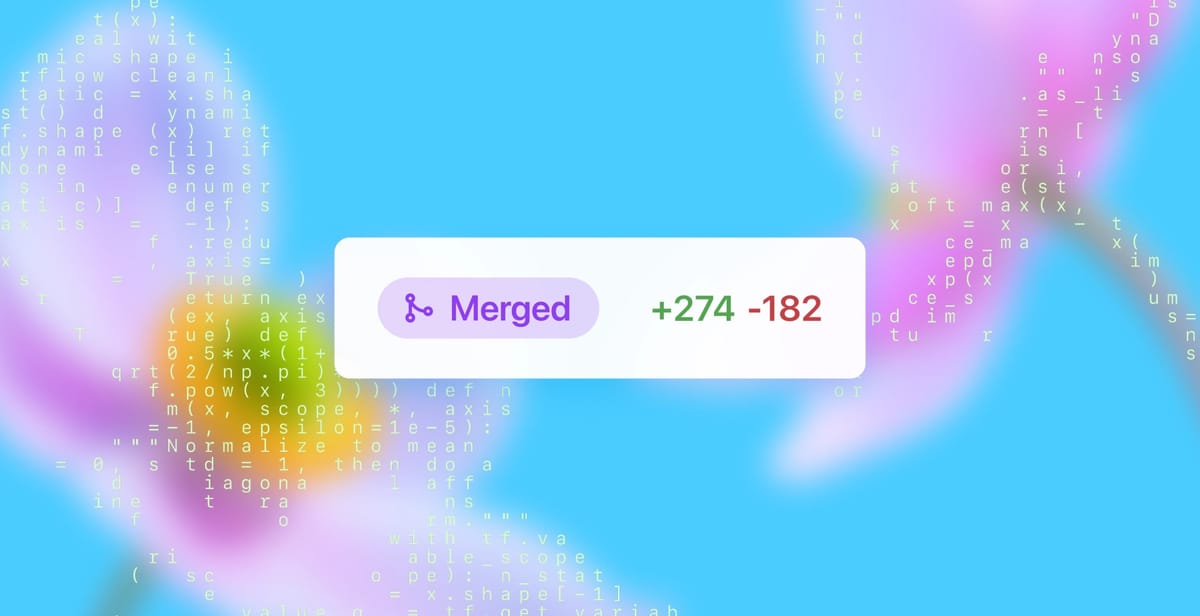OpenAI is giving Codex a major upgrade. The company just rolled out GPT-5-Codex, a version of its flagship model tuned specifically for software engineering. It’s designed to act less like a text generator and more like a teammate that can handle real coding work — from bug hunting to long refactors — across your terminal, IDE, GitHub, or even your phone.
Key Points
- GPT-5-Codex specializes in code reviews, debugging, and long-form engineering tasks.
- Works seamlessly in CLI, IDEs, GitHub, and Codex’s cloud environment.
- Cuts tokens on simple tasks but spends more time on complex ones.
- Included in ChatGPT Plus, Pro, Business, Edu, and Enterprise plans.
Codex has always promised to be more than autocomplete for developers. With GPT-5-Codex, OpenAI is trying to push it into true agent territory — a system that not only generates code snippets but can take on engineering tasks independently.
The model has been trained on complex, real-world projects like adding features, performing large-scale refactors, and building entire apps from scratch. During testing, OpenAI says Codex could work for more than seven hours straight on a single complex task, iterating through tests and fixes until it shipped working code. That makes it very different from the quick “chat and copy-paste” workflow developers have grown used to with AI coding assistants.
One of the biggest upgrades is code review. GPT-5-Codex can automatically scan pull requests, compare changes against project intent, run tests, and flag critical bugs before they ship. OpenAI claims its reviews are more accurate and more focused on important issues than those produced by earlier models, reducing noise and saving engineers’ time. Some teams at OpenAI already rely on it to review most of their own commits.
On simple, well-scoped questions, GPT-5-Codex uses far fewer tokens, making it faster and cheaper. On heavy refactors or complex debugging, it “thinks” more — in some cases twice as long as GPT-5 — to reason through code. Benchmarks show it improves significantly on refactoring tasks and produces higher-quality reviews than its predecessor.
Codex is now unified across CLI, IDE extensions like VS Code and Cursor, GitHub integration, and a cloud environment. You can hand off tasks from one context to another without losing state. The CLI supports attaching screenshots, tracking to-do lists, and connecting to external systems. In the cloud, Codex can even run its own browser to inspect what it built and share screenshots back in GitHub pull requests.
By default, Codex runs in a sandboxed environment with network access disabled. Developers can grant more permissions if needed, but OpenAI says it encourages reviewing outputs before deployment.
GPT-5-Codex is bundled into existing ChatGPT Plus, Pro, Business, Edu, and Enterprise tiers, with usage limits scaling by plan. Additionally, Business and Enterprise plans can buy credits for heavier workloads. API access is coming soon.

